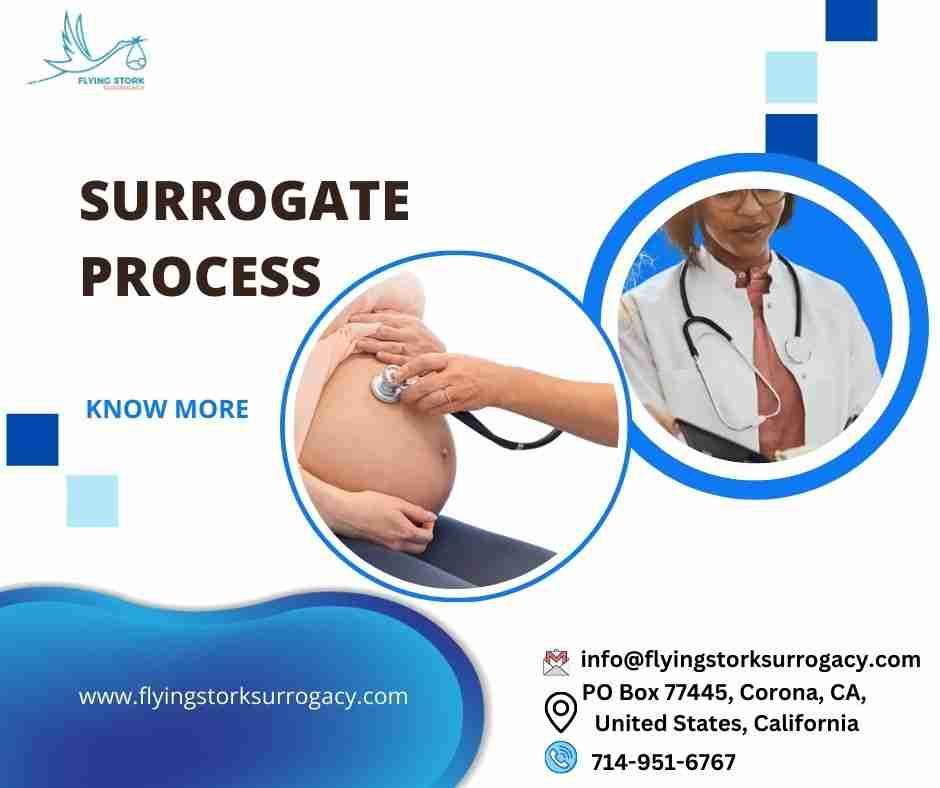
Surrogacy often hailed as a beacon of hope for those struggling with infertility, is a complex and deeply personal journey. The surrogate process involves numerous legal, medical, and emotional considerations for all parties involved. In this comprehensive guide, we delve into the intricacies of surrogacy, exploring its various forms, legalities, medical procedures, and emotional aspects.
Understanding Surrogacy:
Surrogacy is a reproductive arrangement where a woman (the surrogate) carries a child for intended parents, either genetically related to one or both of them or provided by gamete donors. It offers hope to individuals or couples who cannot conceive or carry a pregnancy to term on their own due to medical conditions, age, or other factors.
Types of Surrogacy
- Traditional Surrogacy: In traditional surrogacy, the surrogate’s own eggs are fertilized with sperm, either from the intended father or a donor, through artificial insemination. As a result, the surrogate is genetically related to the child.
- Gestational Surrogacy: Gestational surrogacy involves the implantation of an embryo created through in vitro fertilization (IVF) into the surrogate’s uterus. The embryo may be created using the intended parents’ gametes or donated gametes, making the surrogate genetically unrelated to the child.
Legal Considerations: Surrogacy laws vary significantly from country to country and even within different states or regions. It’s crucial for intended parents and surrogates to understand and comply with the legal requirements in their jurisdiction. Common legal considerations include:
- Surrogacy Contracts: A comprehensive surrogacy contract outlines the rights, responsibilities, and expectations of all parties involved, including issues related to compensation, medical decisions, and parental rights.
- Parental Rights: Clear legal procedures must be followed to establish the parental rights of the intended parents and terminate any parental rights of the surrogate and her partner (if applicable) after the birth of the child.
- International Surrogacy: Intended parents pursuing surrogacy abroad must navigate complex legal and logistical challenges, including immigration and citizenship issues, to bring their child back to their home country.
Medical Procedures: The medical aspect of the surrogate process involves several steps, including:
- Screening: Surrogates undergo thorough medical and psychological evaluations to ensure they are physically and emotionally capable of carrying a pregnancy to term. Intended parents may also undergo screening for infectious diseases and genetic disorders.
- IVF Treatment: In gestational surrogacy, intended parents or egg and sperm donors undergo IVF to create embryos. These embryos are then transferred to the surrogate’s uterus during a carefully timed procedure.
- Prenatal Care: Throughout the pregnancy, the surrogate receives regular prenatal care to monitor the health and development of the fetus. Intended parents may be involved in medical appointments and updates as desired.
Emotional Aspects: The surrogate process can be emotionally challenging for all parties involved. It’s essential to prioritize open communication, empathy, and support throughout the journey.
- Building Trust: Establishing a strong relationship based on trust, respect, and mutual understanding between the intended parents and the surrogate is crucial for a successful surrogacy journey.
- Managing Expectations: Both intended parents and surrogates should have realistic expectations about the process, potential challenges, and outcomes. Openly discussing hopes, fears, and concerns can help manage expectations and foster a positive relationship.
- Counseling and Support: Professional counseling and support services are available to help intended parents and surrogates navigate the emotional complexities of surrogacy, address any conflicts or concerns, and build resilience throughout the journey.
Conclusion: The surrogate process is a profound and life-changing experience that requires careful consideration, planning, and support. By understanding the various aspects of surrogacy, including legal, medical, and emotional considerations, intended parents and surrogates can embark on this journey with confidence, compassion, and hope for a brighter future.
Source Url:- https://shorturl.at/lmLW8
